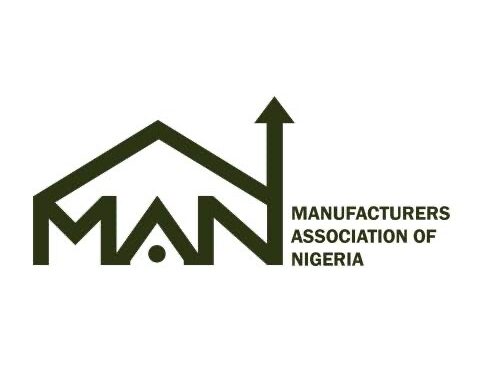The Manufacturers Association of Nigeria (MAN) has raised concerns about the negative impact of multiple taxes imposed on the manufacturing sector in the country, which could prevent the sector from fully benefiting from the African Continental Free Trade Area (AfCFTA).
During the annual tax conference of the Chartered Institute of Taxation of Nigeria (CITN) in Abuja, MAN’s Director General, Segun Ajayi-Kadir, expressed worries about the hindrance caused by federal, state, and local government taxes on manufacturing development and competitiveness.

Ajayi-Kadir highlighted that the overlapping taxes have resulted in compliance challenges, operational inefficiencies, and decreased profitability for manufacturers, ultimately raising production costs and prices of goods and services.
He also emphasized how various taxes such as sales tax, Value Added Tax (VAT), mobile advertising charges, education levies, tenement rates, land use charges, and parking fees are adding to the financial burdens faced by manufacturers.
Additionally, the impact of the tax burden on the competitiveness of Nigerian manufacturers within the global market has been significant and could impede the sector from fully leveraging the opportunities presented by AfCFTA.
In response to these concerns, the Coordinating Director of the Federal Inland Revenue Service (FIRS), Matthew Gbojubola, mentioned ongoing efforts to simplify tax laws to enhance compliance and create a conducive environment for business growth.
At the same event, Muda Yusuf, Chief Executive Officer at the Centre for the Promotion of Private Enterprise (CPPE), reiterated the challenges faced by manufacturers in Nigeria, including high operational costs, energy expenses, logistics challenges, currency fluctuations, and customs duties.
Yusuf pointed out that many manufacturers have had to take on additional responsibilities such as providing infrastructure and basic amenities that are typically the government’s role, which has placed further strain on the sector.
He emphasized the need for more support for the manufacturing industry to prevent further migration of investors to the services sector due to the challenges currently faced by manufacturers.
From: Amadi Vincent Uzoma

































